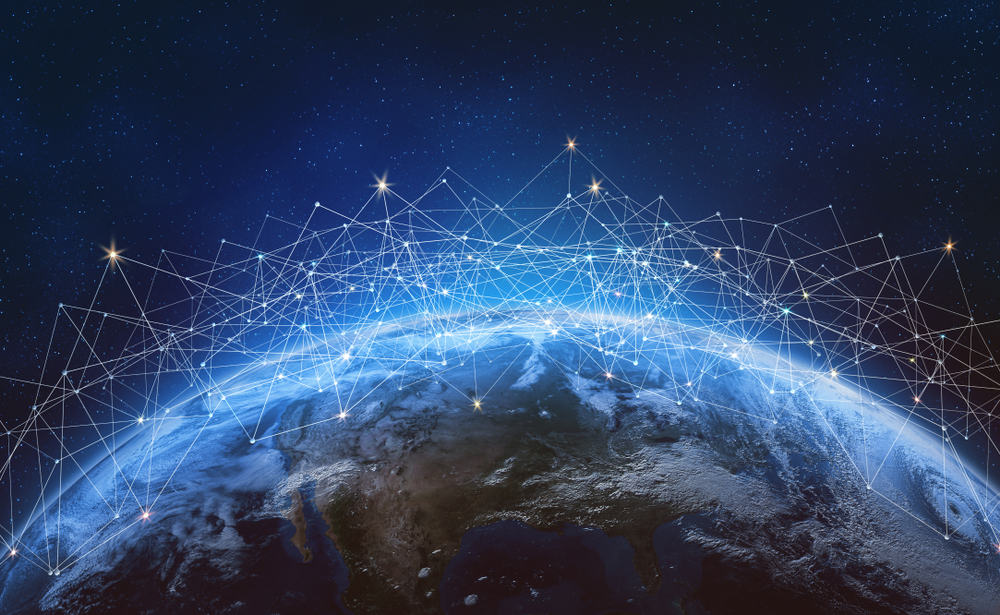
AI is transforming the job market in various ways, primarily through both job displacement and the creation of new opportunities. The World Economic Forum reports that nearly a quarter of all jobs (23%) globally will change in the next five years, with 69 million new jobs expected to be created alongside 83 million job eliminations, resulting in a net decrease of 14 million jobs, or 2% of current employment[3].
Certain industries, particularly those relying on routine and low-skilled labor, are more at risk. For instance, workers in the oil and gas sector may face significant job losses, as 45% of companies predict such outcomes[2]. AI is notably impacting white-collar roles, and while it increases productivity by automating routine tasks, it also raises concerns about job elimination in areas like banking and retail[5].
Conversely, many experts suggest that AI will lead to the creation of new jobs, particularly those that require high-skilled labor. The demand for skills in AI and big data is becoming a priority for larger companies, highlighting the importance of integrating these skills into education and workforce training[2][3].
Moreover, AI has the potential to augment human roles rather than completely replace them. Businesses are starting to realize that while AI can automate certain tasks, it is more likely to enhance human performance[2]. This shift indicates a need for workers to adapt, emphasizing the development of soft skills and a focus on continuous learning to remain competitive in the evolving job market[4][3].
Overall, the landscape is changing rapidly, and as AI technology continues to evolve, so too will the nature of work across various sectors.
Get more accurate answers with Super Pandi, upload files, personalized discovery feed, save searches and contribute to the PandiPedia.
Let's look at alternatives:
- Modify the query.
- Start a new thread.
- Remove sources (if manually added).